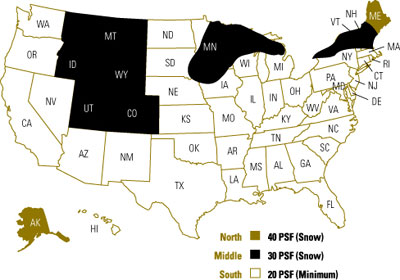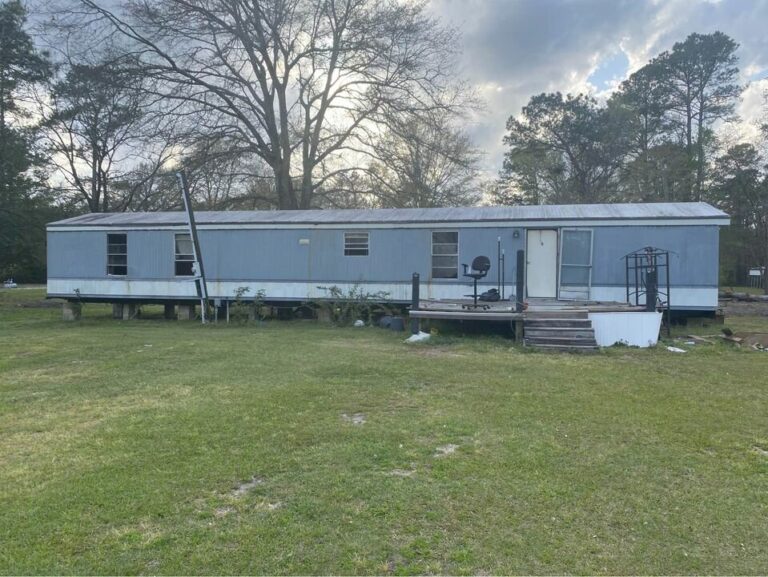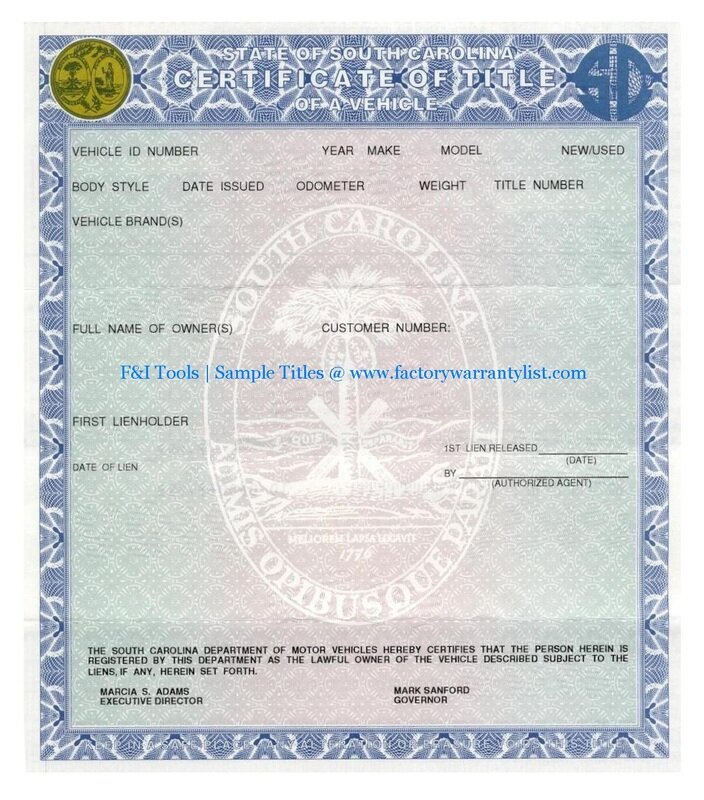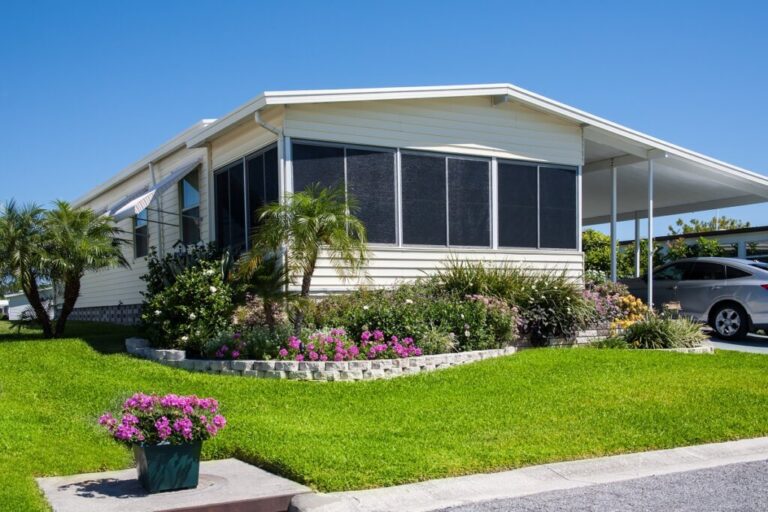Mobile home insulation is one of the most overlooked areas. Most people often oversimplify it and only think of insulating foams or fiberglass. But mobile home insulation is a massive topic that most people are oblivious about.
The advantages of insulation are also often glossed over. Surprisingly, insulation does more than only keep your mobile home warm throughout the colder months. Additionally, it’s essential for keeping your mobile home cool in the summer. This keeps the cold air inside and stops the outside heat from heating the mobile home. Even on exceptionally hot days, keep the interior of your mobile home cool.
But many mobile home manufacturers give inferior insulations with their mobile homes if any at all. So, it’s crucial to upgrade it. And one of the simplest ways to keep your mobile home cool is to upgrade the insulation in your mobile home. It’s a simple and reasonably priced upgrade.
In this post, I’ll talk about the types of mobile home insulation.
Let’s dive in.
Materials For Mobile Home Insulation
Before we jump right into the types of mobile home insulation, we must know the most important factor to consider to choose the right insulation. R-value is the most crucial factor for selecting the right material for your mobile home.
What Is R-Value?
R-value is a way of measuring the thermal resistance of a material. So, whenever you buy an insulating material, you can see it slapped on the product description. An easy way to understand it is that the higher the r-value, the warmer the insulating material. Many factors contribute, such as its thickness, the type, and its density.
Compressing the insulation will retain less heat as its r-value decreases, but adding 2 layers doubles the warmth.
But before installing, you must consider the roof, the underbelly, and the wall. You need to choose an r-value based on the roof and the walls.
Types Of Insulation Materials
There is a massive range of materials to choose from for your mobile home.
Blanket Or Roll Insulation
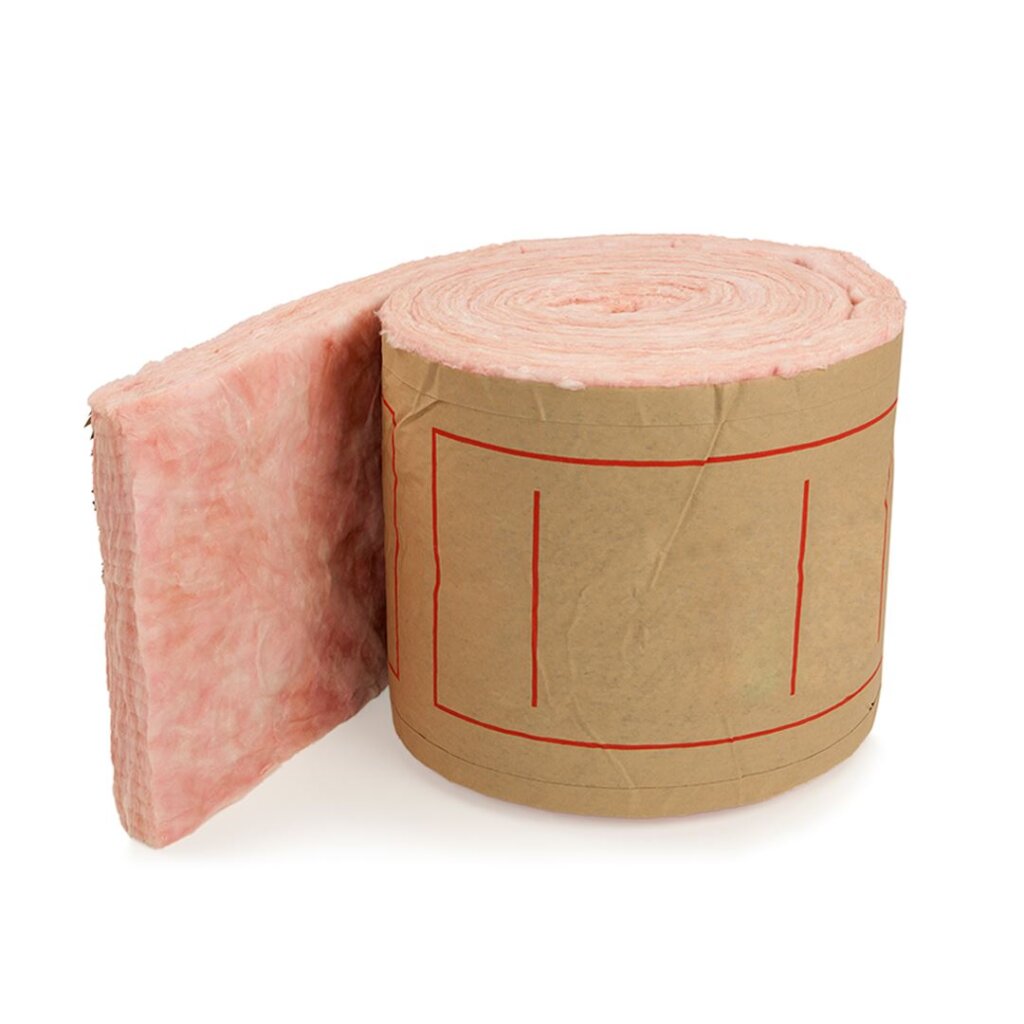
This is the most popular solution, especially for casual DIY solutions. The best thing about it is it’s easy to install. And it also has a vast range of applications. All you need to do is buy the right amount and find a way to somehow wrap it around.
Materials
Blanket or Roll is usually made of fiberglass, plastic fibers, mineral wool, and natural fibers.
Where They’re Used?
These are usually used in walls, on roofs or attics from beams, wrapped around water heaters, and fastened to the underbelly.
Pros
- Affordable
- Easy to install
Cons
- The areas you want to insulate must be accessible.
Rigid Foam Boards
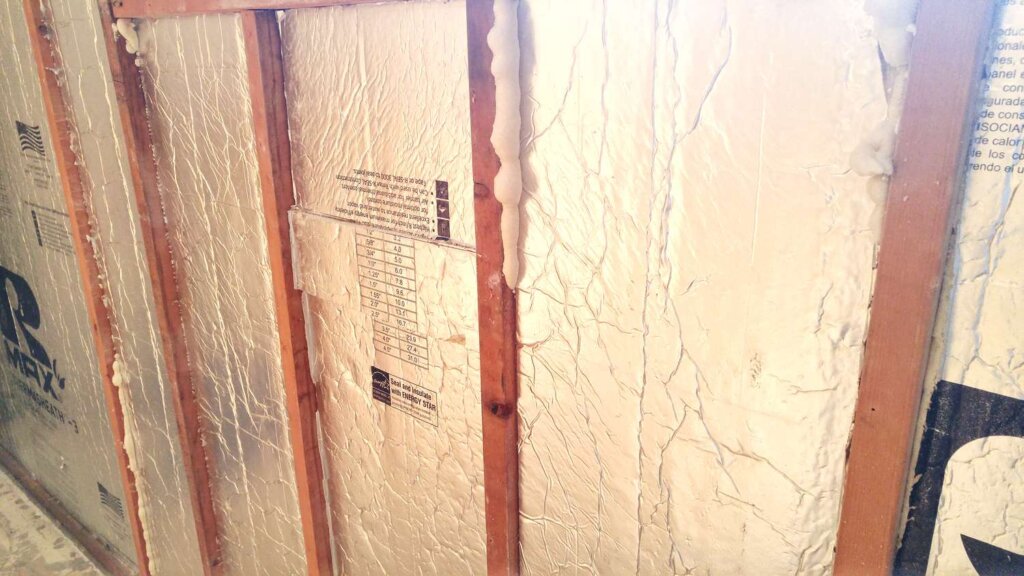
Just as the name implies, rigid foam boards are like boards or mats. They’re generally used to seal specific leaks. But they can also be used for insulating whole areas. They’re also pretty easy to install. But they aren’t a good bet for ceilings as they can loosen up due to the heat. Additionally, they’re also a fire hazard. So, they’re typically wrapped in gypsum.
Materials
They’re usually made of polystyrene, Polyurethane, and Polyisocyanurate.
What Are They Used For?
The most frequent applications include sealing leaks, insulating outside walls, and providing temporary substitutes for incomplete spaces and floors.
Pros
- Ease of use
- Affordable
Cons
- Potential fire hazard
Polystyrene Beads
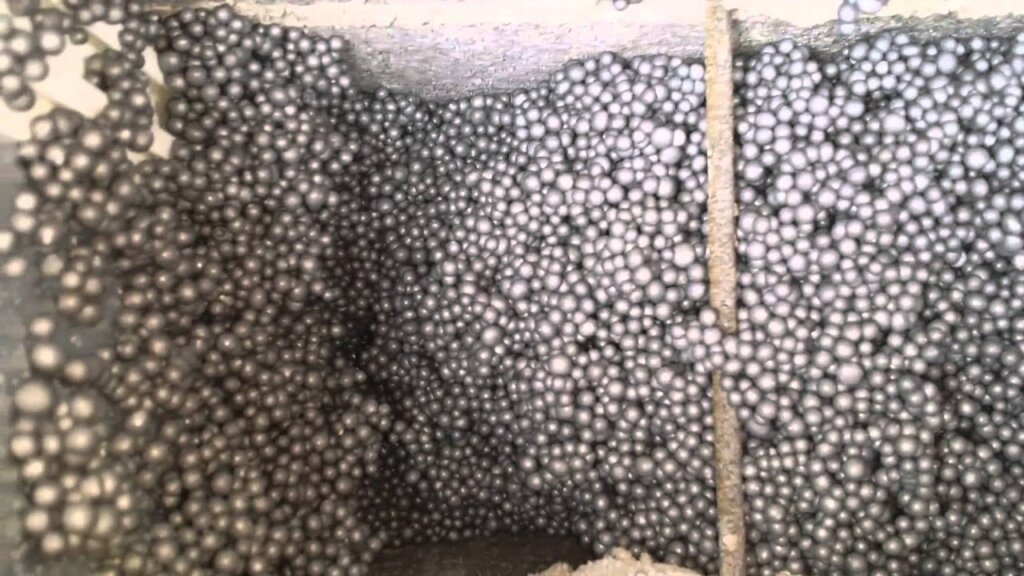
This is arguably the easiest type to install. It’s so easy to install that you can do it by yourself and don’t need any professional help. All you have to do is find a space or opening that needs patching up, then you just fill that opening with polystyrene beads. They’re also resistant to water damage.
Materials
Polystyrene Beads are usually made out of polystyrene or fiberglass.
What They’re Used For?
They’re used to insulate walls, ceilings, floors, or any pit of reach places.
Pros
- Easy to install
- Can cover any area
Cons
- Has a significantly lower R-value
To Wrap It Up
There you have it, then. With these hints and facts, we intend to make sure the next insulation you install for your mobile home completely seals off the room from the elements.

